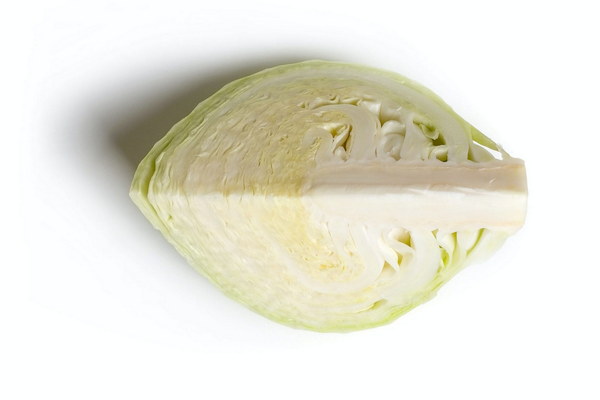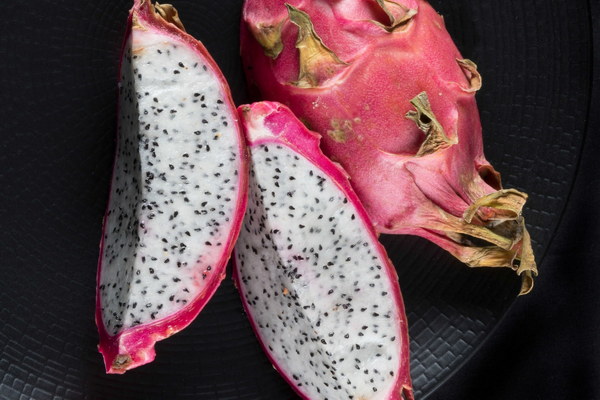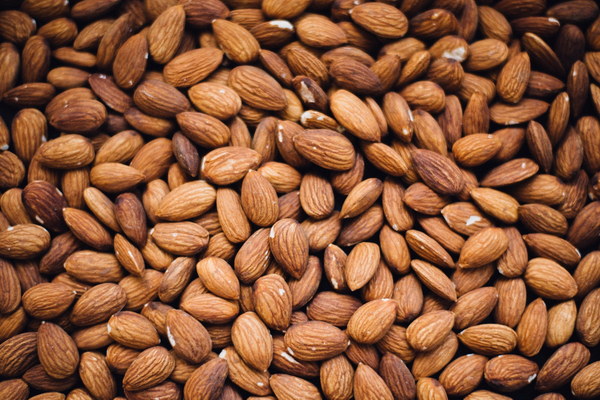Harmonizing Body and Mind A Journey into the World of Traditional Chinese Health Practices
In the realm of health and wellness, the East has long held a unique perspective. Traditional Chinese health practices, steeped in ancient wisdom, offer a holistic approach to well-being that emphasizes the balance of body, mind, and spirit. These practices, including Tai Chi, Qigong, and herbal medicine, have been passed down through generations and continue to captivate the interest of people worldwide. This article delves into the fascinating world of traditional Chinese health practices, exploring their origins, principles, and benefits.
Origins and Principles
The roots of traditional Chinese health practices can be traced back to ancient China, where they were developed by sages and philosophers seeking to understand the natural order of the universe. These practices are grounded in the belief that health is the harmonious flow of Qi (vital energy) throughout the body. When Qi is balanced, the body is healthy; when it is blocked or imbalanced, illness occurs.
Tai Chi: The Art of Moving Meditation
Tai Chi is one of the most renowned traditional Chinese health practices. This gentle, flowing exercise involves a series of slow, deliberate movements that promote relaxation and balance. By focusing on breathing, posture, and mindful movement, Tai Chi helps to improve flexibility, strength, and overall physical and mental well-being.

The benefits of Tai Chi are numerous. It has been shown to reduce stress, lower blood pressure, improve balance, and enhance cognitive function. Moreover, Tai Chi is accessible to people of all ages and fitness levels, making it a popular choice for individuals seeking a low-impact, yet effective exercise regimen.
Qigong: The Practice of Energy Cultivation
Qigong is another ancient Chinese practice that focuses on cultivating and balancing Qi. Unlike Tai Chi, which is a form of moving meditation, Qigong primarily involves stationary postures, breathing exercises, and mental focus. The aim of Qigong is to increase Qi flow, enhance vitality, and promote overall health.
Qigong has a wide range of benefits, including improved immune function, reduced pain, enhanced mental clarity, and increased energy levels. It is often used to treat various health conditions, such as anxiety, depression, and chronic pain.
Herbal Medicine: Nature's Healing Touch
Traditional Chinese herbal medicine is a cornerstone of Chinese health practices. Practitioners use a vast array of herbs, minerals, and other natural substances to address imbalances in the body and promote healing. These remedies are often tailored to the individual's specific constitution and health concerns.
Herbal medicine has been used for thousands of years and is based on the principle that different substances have unique properties that can be harnessed to treat specific ailments. Many herbal remedies have been scientifically proven to be effective, and they are widely used in China and around the world.
Modern Applications and Benefits
In recent years, the Western world has become increasingly interested in traditional Chinese health practices. Studies have shown that these practices can be effective in treating a variety of health conditions, including chronic pain, anxiety, and depression. Moreover, they offer a natural, non-invasive alternative to conventional treatments.
The benefits of traditional Chinese health practices extend beyond physical health. They also promote mental and emotional well-being, helping individuals to achieve a greater sense of harmony and balance in their lives.
Conclusion
Traditional Chinese health practices offer a profound and unique approach to well-being that emphasizes the importance of holistic balance. By integrating these practices into daily life, individuals can experience a multitude of health benefits, from improved physical fitness to enhanced mental clarity. As we continue to explore the ancient wisdom of the East, we are reminded of the timeless value of nurturing our bodies, minds, and spirits.









